Projects
PACY – ProActive CYbersecurity.
The project, funded by Google.org, aims to develop a platform that supports small and microenterprises in managing all elements related to the cyber world. While the Milan Polytechnic focuses on prevention aspects, the Bio-Medical Campus deals with incident management. Specifically, the platform will be responsible for identifying possible solutions to be implemented in the prevention phase. During the incident phase, it will identify the nature of the incident and provide indications on the actions needed to mitigate the damage and restore services, covering all aspects: technical, legal, and communication.

SynCrea – The project aims to develop the software suite, SynCrea, which will enable the implementation of an ergonomic security model. On one hand, it ensures the possibility of maintaining smooth post-production dynamics, while on the other hand, it increases the level of traceability and protection of the content. Therefore, the project aims to offer an integrated solution for secure management of audiovisual content from the early stages of the production process to the creation of the final master. By ensuring traceability of all process stages and all sub-products originating during the different stages of post-production, SynCrea also aims to ensure, consistently with the increasingly prevalent logic of smart production, maximum process flexibility by allowing the possibility of extending the safe zone beyond the physical boundaries of post-production laboratories.
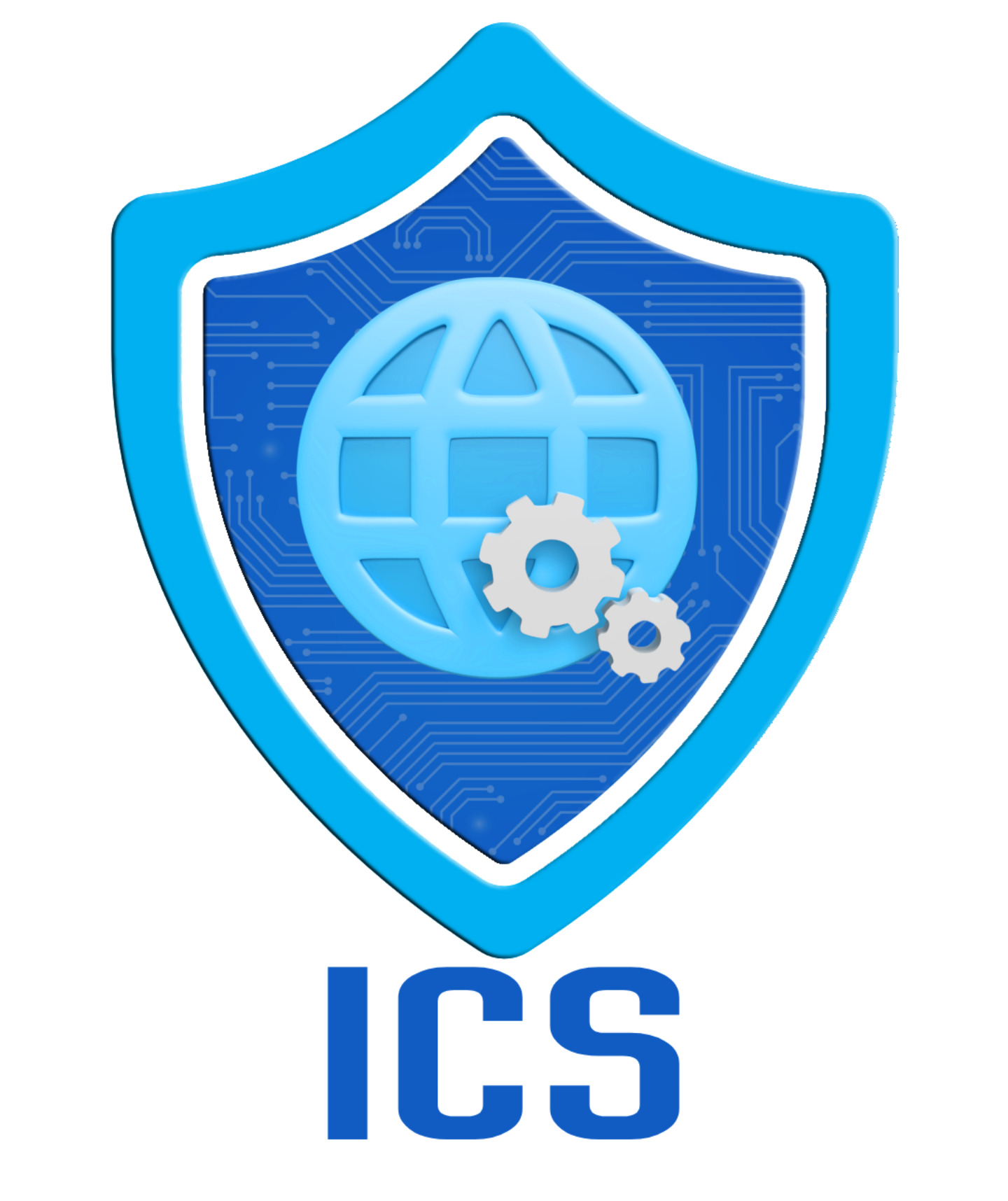


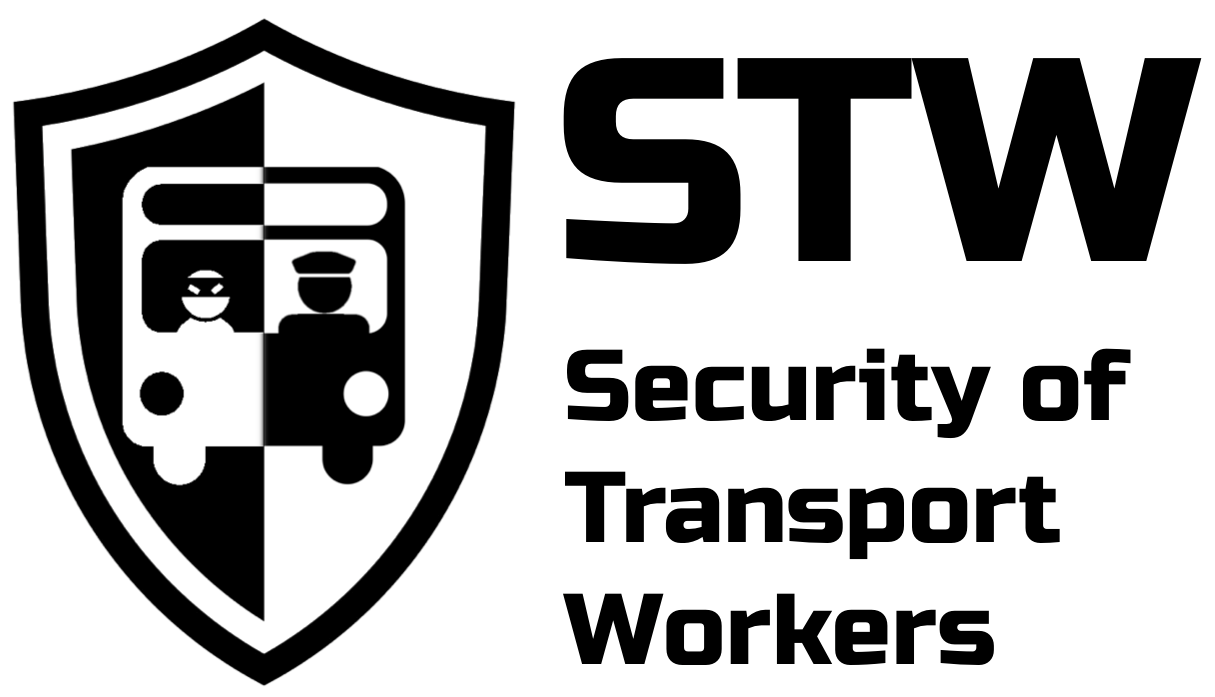
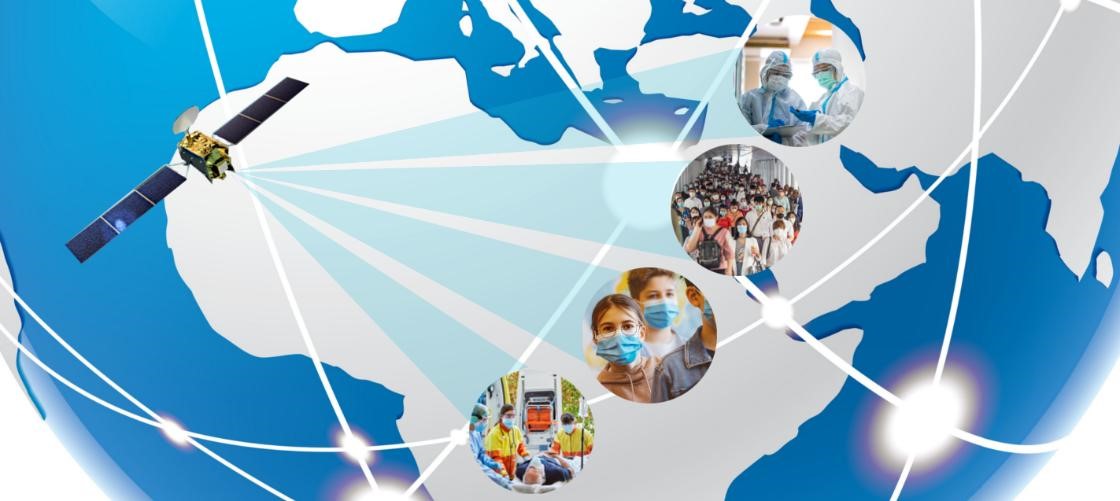
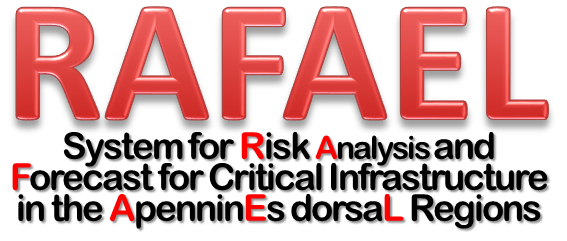

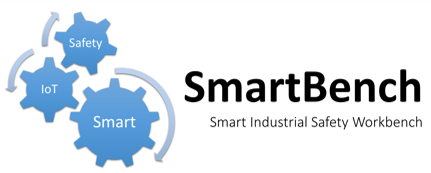








DYCOH (2010-2012): National project on innovative biomedical image manipulation for diagnosis.





